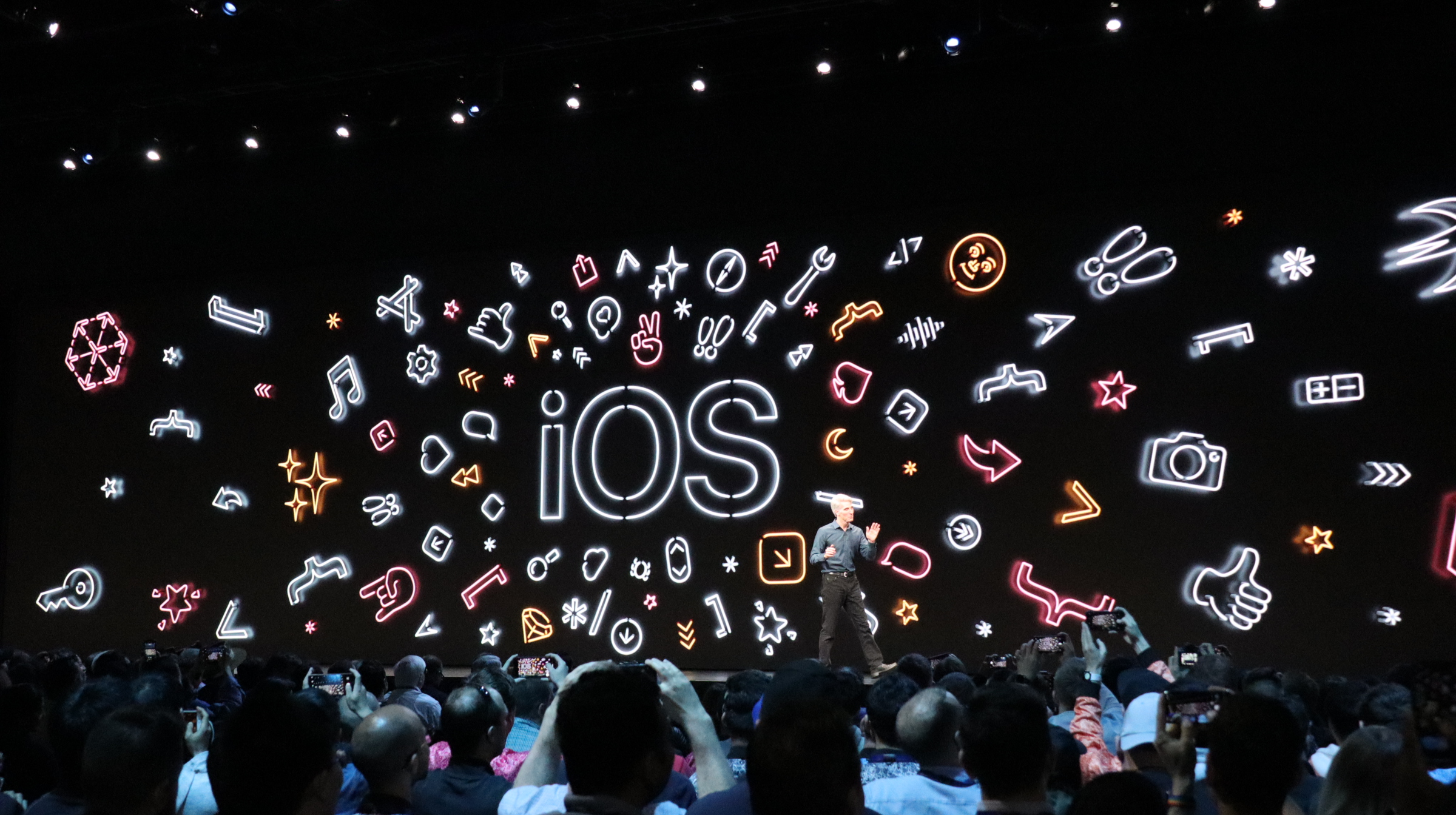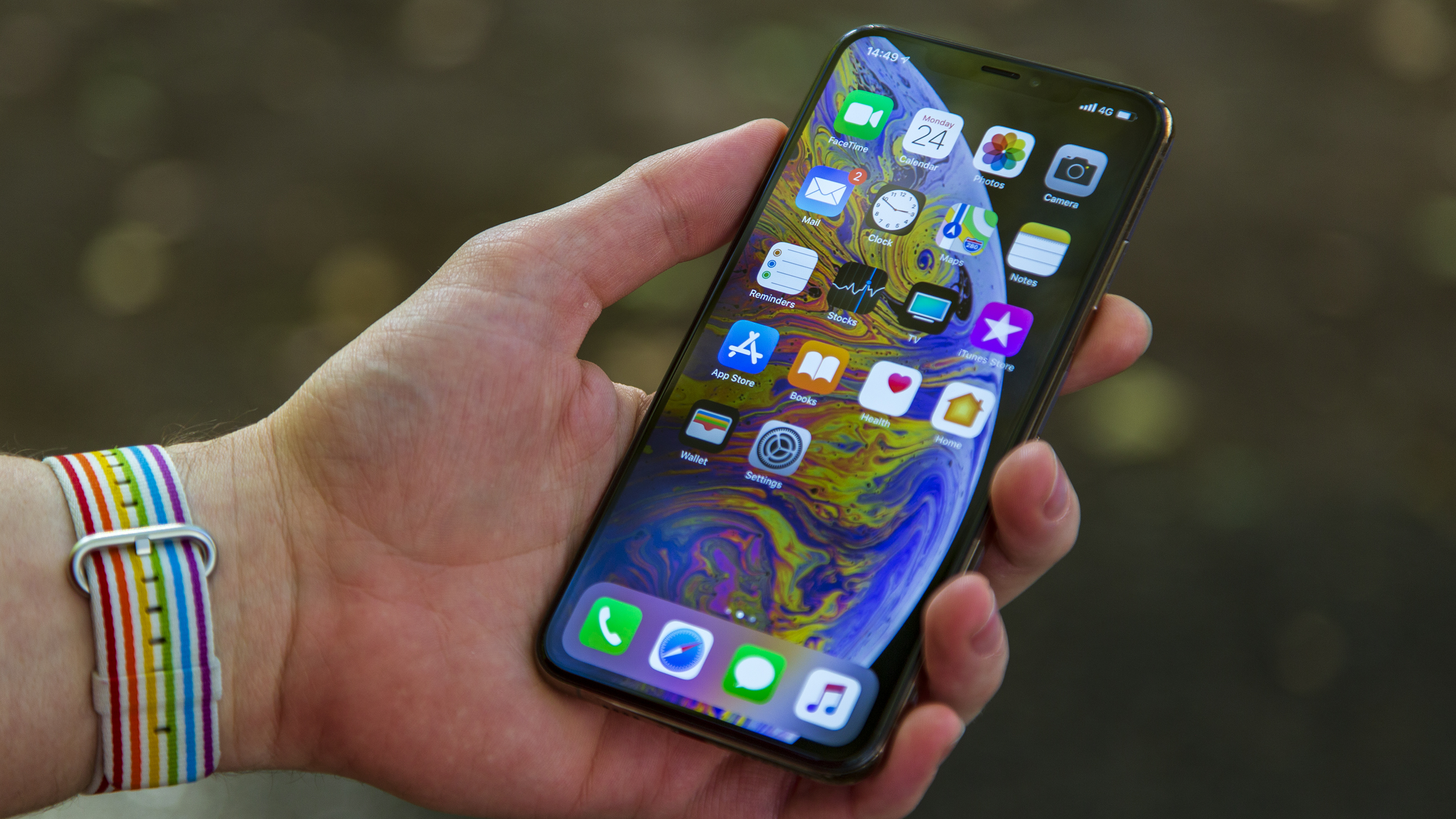iPhone 11 launch date might have just been leaked by Apple in iOS 13
Looks like September 10 is the big day

We knew the iPhone 11 launch is just around the corner, but we've now heard word that the date we expected is looking more likely.
The iOS 13 beta 7 has landed for the public, and those digging through have found some intriguing info. iHelpBR has seen an image within the platform that - if true - completely gives away the iPhone launch date ahead of time.
Located deep inside the code is a placeholder called 'HoldForRelease' - showing a homepage image with the calendar icon showing Tuesday, September 10.
That's exactly the date we predicted for the iPhone 11 launch, fitting in perfectly with what we've seen rumored already and fitting with the previous launch cycle Apple has adhered to.
Tue Sept 10, 2019: iPhone 11 launch?
Wed Sept 12, 2018: iPhone XS/XS Max/XR
Tue Sept 12, 2017: iPhone X/8/8 Plus
Wed Sept 7, 2016: iPhone 7/7 Plus
Wed Sept 9 2015: iPhone 6S/6S Plus
Tue Sept 9, 2014: iPhone 6/6 Plus
Tue Sept 10, 2013: iPhone 5S/5C
Wed Sept 12, 2012: iPhone 5
Tue Oct 4, 2011: iPhone 4S
Mon June 7, 2010: iPhone 4
Mon June 8, 2009: iPhone 3GS
Mon June 9, 2008: iPhone 3G
Tue Jan 9, 2007: iPhone
iHelpBR pointed out that the same placeholder image was used last year in iOS 12 to show when the phone would be launched, displaying Wednesday September 12 (which turned out to be accurate), so we're pretty confident the same will be happening this year.
So, if you're interested in finding all about the new iPhone as it launches, make sure you're not doing anything on September 10 - it'll be an iJamboree across the tech sphere.
But what will we see?
Now, here's the tricky bit. What will actually be shown on stage might seem obvious but there are a number of different things conflicting about what will be unveiled on September 10.
Sign up for breaking news, reviews, opinion, top tech deals, and more.
We're almost certain we'll see a refresh of the iPhone XS, iPhone XS Max and iPhone XR - but what they'll be called is up for debate.
Current theory - based on a tweet and a case manufacturer's placeholder entry for the new phones - suggests that we'll get an iPhone 11 (replacing the 11R), and an iPhone 11 Pro and iPhone 11 Pro Max to sit in place of the XS and XS Max.

This seems unlikely for a couple of reasons: firstly, Apple doesn't seem to be adding enough to the new phones for the name 'pro' to be appended. Were that to happen, we'd expect larger screen sizes, more power and ways to connect a greater number of accessories - things we've not seen a lot of so far in the leaks.
Equally, the iPhone 11 Pro Max seems an incredibly clunky name - Apple's already teetering on the edge with things like the iPhone XS Max, so throwing a 'Pro' moniker in there simply doesn't scan for a brand that revels in beauty so much.
Apple will be hoping this - along with the much-vaunted triple rear camera - will be enough for consumers to consider it more than just a mild upgrade, which is what many analysts are starting to predict.
TechRadar will be bringing you total coverage of the new iPhone launch as ever, so make sure you bookmark our roundup page to get all the info as it happens.

Gareth has been part of the consumer technology world in a career spanning three decades. He started life as a staff writer on the fledgling TechRadar, and has grew with the site (primarily as phones, tablets and wearables editor) until becoming Global Editor in Chief in 2018. Gareth has written over 4,000 articles for TechRadar, has contributed expert insight to a number of other publications, chaired panels on zeitgeist technologies, presented at the Gadget Show Live as well as representing the brand on TV and radio for multiple channels including Sky, BBC, ITV and Al-Jazeera. Passionate about fitness, he can bore anyone rigid about stress management, sleep tracking, heart rate variance as well as bemoaning something about the latest iPhone, Galaxy or OLED TV.